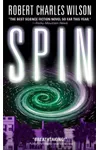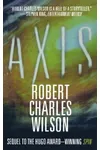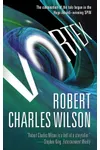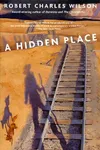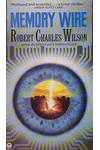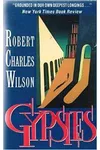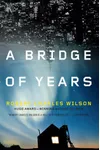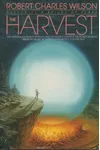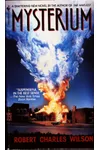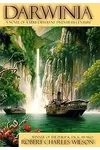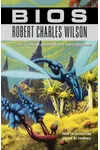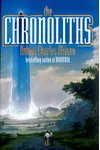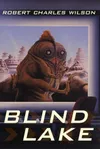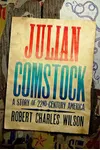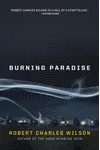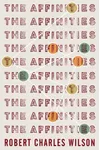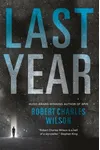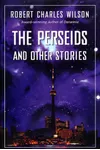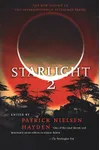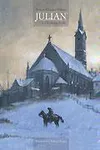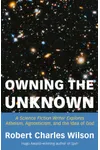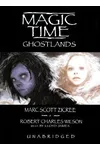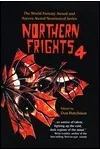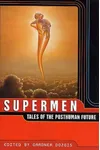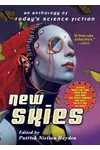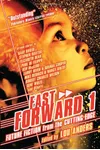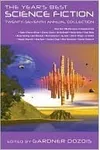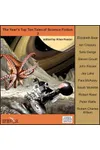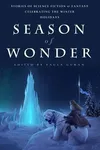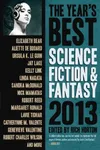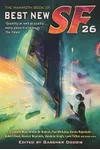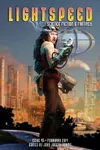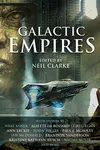Picture a storyteller who weaves cosmic mysteries with the heart of humanity—meet Robert Charles Wilson! This American-Canadian science fiction maestro, hailed by Stephen King as 'probably the finest science fiction author now writing,' has captivated readers with his Hugo Award-winning Spin series and a career spanning over three decades. From mind-bending concepts to deeply human characters, Wilson’s work is a thrilling ride through the stars.
Born in California but rooted in Canada, Wilson’s unique blend of hard science and emotional depth has earned him a treasure trove of awards and a devoted following. Ready to explore the universe through his eyes? Let’s dive into the life, works, and legacy of this sci-fi legend!
The Making of Robert Charles Wilson
Born on December 15, 1953, in California, Robert Charles Wilson moved to Canada in 1962, settling near Toronto. His early years were shaped by a love for science fiction, sparked by the genre’s golden age. Wilson’s first publication, a short story under the pseudonym Bob Chuck Wilson, appeared in Analog Science Fiction in February 1975. By 1986, his debut novel, A Hidden Place, marked his arrival, earning a Philip K. Dick Award nomination and showcasing his knack for blending speculative ideas with human struggles.
Wilson’s journey wasn’t just about writing; it was about finding a home. After brief stints in British Columbia, he settled in Concord, Ontario, with his wife, Sharry, and their two sons. Becoming a Canadian citizen in 2007, he embraced the cultural mosaic that would influence his storytelling, often setting works like The Perseids and Other Stories in Toronto.
Robert Charles Wilson’s Unforgettable Stories
Wilson’s novels are a masterclass in balancing hard science fiction with rich, character-driven narratives. His breakout, Spin (2005), won the Hugo Award for its gripping tale of Earth enveloped by a mysterious time-slowing barrier. The story follows Tyler Dupree and his friends as they navigate a world where eons pass outside while decades crawl within. Its sequels, Axis and Vortex, expand this universe, exploring humanity’s place in a cosmos shaped by enigmatic 'Hypotheticals.'
Other gems include The Chronoliths, which nabbed the John W. Campbell Memorial Award, and Darwinia, a Hugo nominee that imagines a 1912 Earth split into a strange, alien wilderness. Julian Comstock: A Story of 22nd-Century America blends adventure and philosophy in a post-apocalyptic America, earning another Hugo nomination. Wilson’s style—cerebral yet accessible, with themes of alienation, evolution, and resilience—makes his work resonate with both sci-fi buffs and literary readers.
His 2023 nonfiction book, Owning the Unknown, dives into atheism and agnosticism through a sci-fi lens, proving Wilson’s versatility. With a new novel, Forty Million Summers, in the works, his creative fire still burns bright.
Why Robert Charles Wilson Matters
Robert Charles Wilson’s impact on science fiction lies in his ability to make the cosmic personal. His stories don’t just explore alien worlds or futuristic tech; they delve into what it means to be human in an incomprehensible universe. Praised by peers like Robert J. Sawyer and readers alike, Wilson has elevated Canadian sci-fi alongside authors like William Gibson. His awards—Hugo, Philip K. Dick, Aurora, and more—reflect a career that’s both critically acclaimed and widely accessible.
Wilson’s legacy is also in his quiet rebellion against genre norms. By prioritizing character over spectacle, he’s inspired a generation of writers to blend heart with hard science, making sci-fi a mirror for our hopes and fears. His work invites readers to question reality, faith, and our place in the stars.
- Born: December 15, 1953, California, USA
- Key Works: Spin, The Chronoliths, Darwinia, Julian Comstock
- Awards: Hugo Award (Spin), John W. Campbell Award (The Chronoliths), Philip K. Dick Award (Mysterium)
- Lives: Concord, Ontario, Canada
Snag Spin or Darwinia and dive into Robert Charles Wilson’s dazzling sci-fi universe! Whether you’re a genre newbie or a seasoned explorer, his stories will leave you starry-eyed and soul-stirred.
